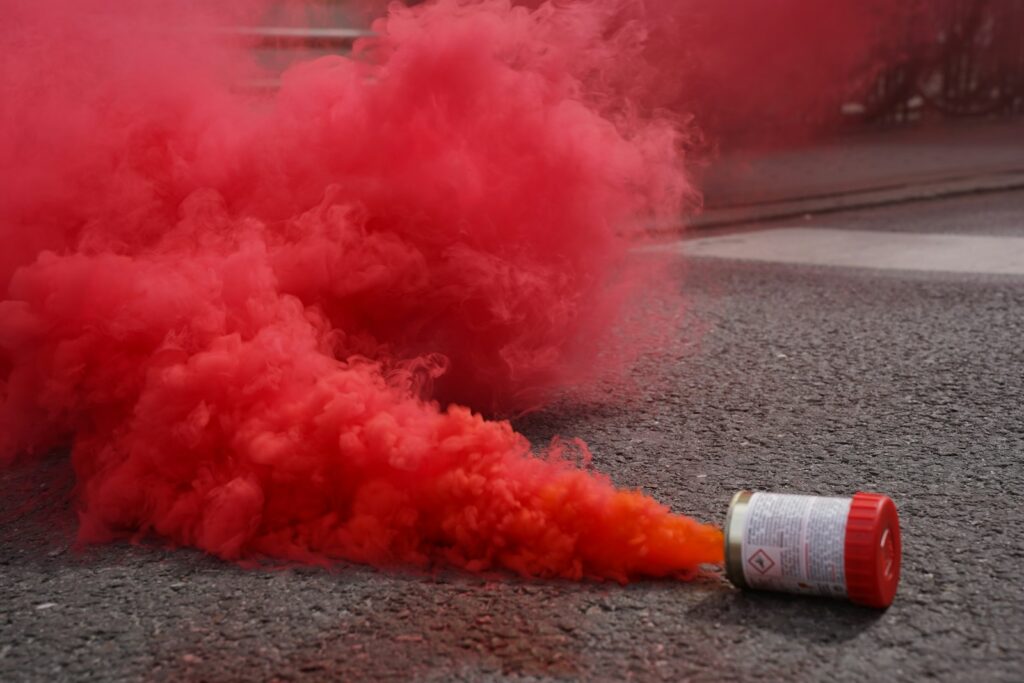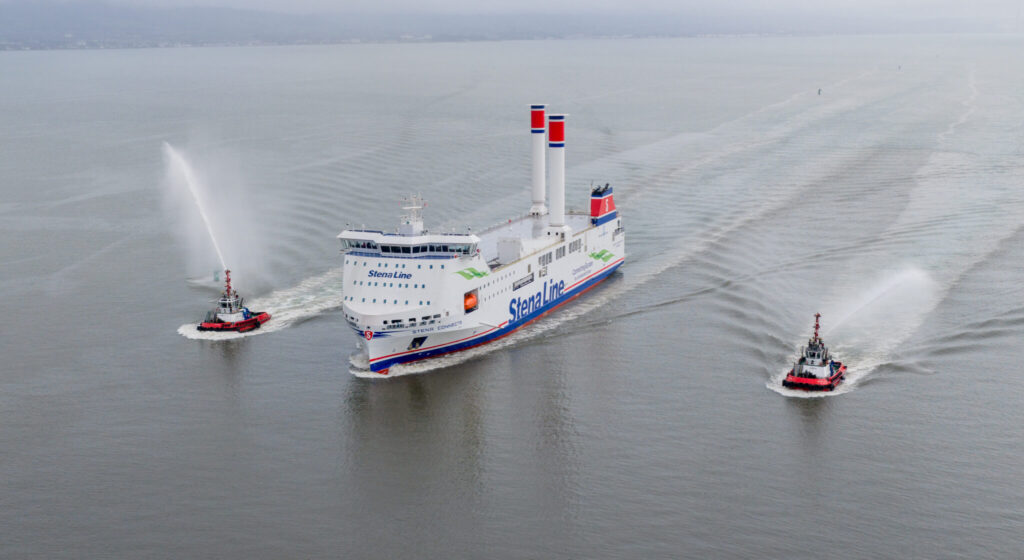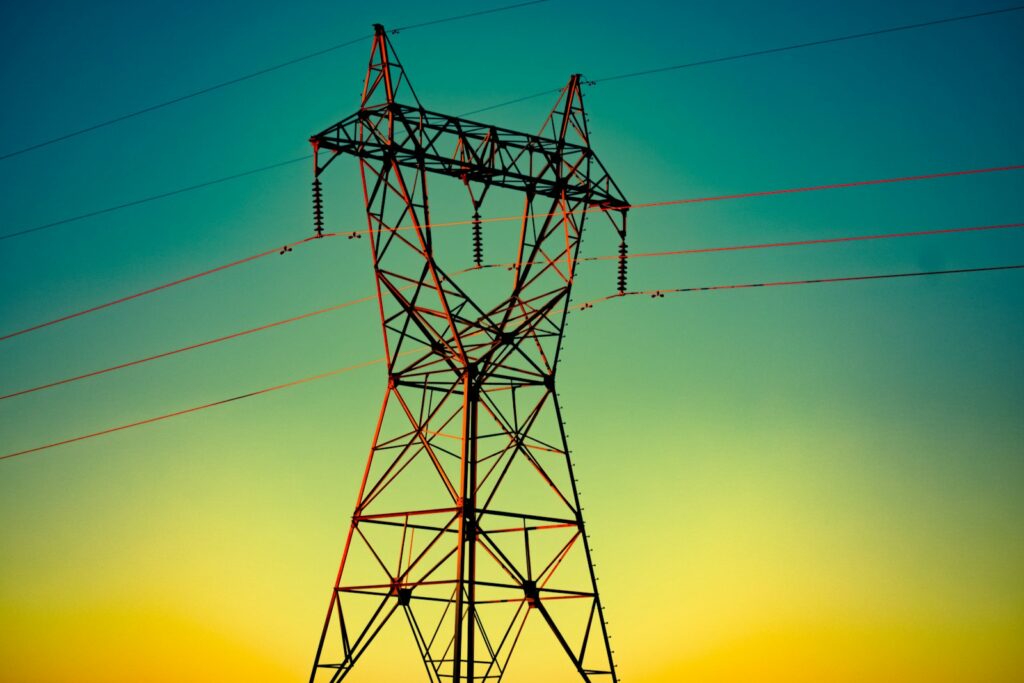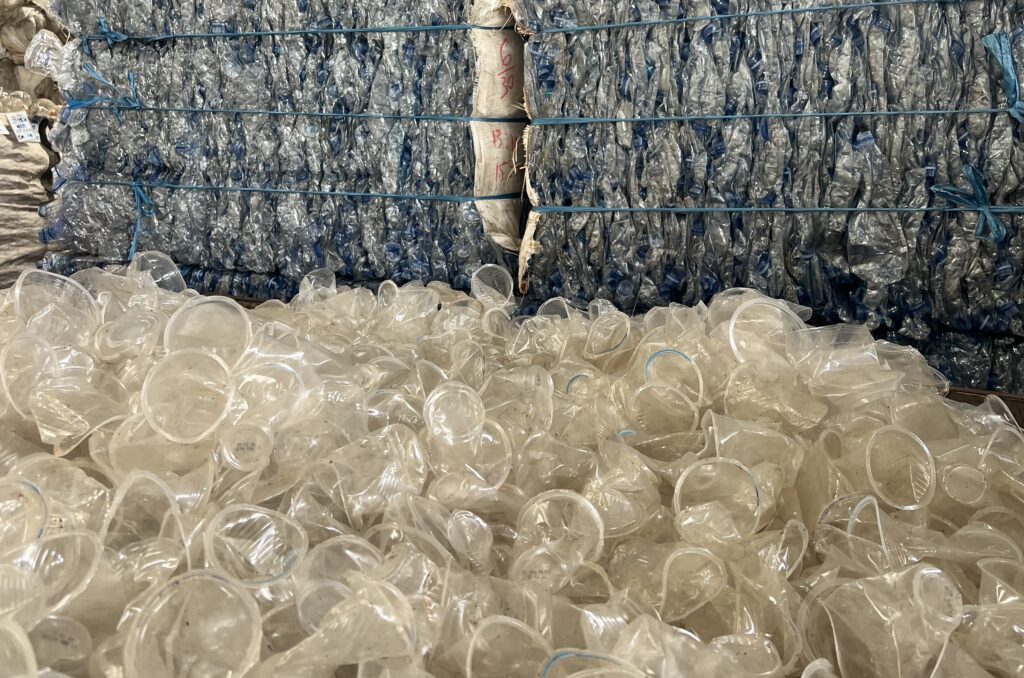Water companies are being called to share plans to improve Britain’s water infrastructure, as the country’s rivers and seas suffer from systemic sewage spills.
Environment Secretary Thérèse Coffey said all water firms will need to provide clear assessments and action plans on storm overflows, with a priority for spills into bathing waters and nature areas.
Any company caught illegally polluting waters will face enforcement action from the Environment Agency (EA), ranging from fines to cover any damage caused to criminal prosecution for the most serious cases.
Fines worth £102m are thought to have been handed out in 2021, as the EA reported 700,000 raw sewage discharges into rivers and seas over 2020 and 2021 – the equivalent of almost six million hours.
The government also said it would be consulting on making penalties quicker and easier to issue to polluters, as prosecutions can take a while to resolve. They are still considering upper limit fines of £250m too, with a public consultation set to take place in spring.
Thérèse Coffey said: ‘People are concerned about the impacts of sewage entering our rivers and seas and I am crystal clear that this is totally unacceptable.
‘Through the largest infrastructure programme in water company history we will tackle the problem at source, with more investment on projects like the new Thames Tideway super sewer. I am making sure that regulators have the powers they need to take action when companies don’t follow the rules, including higher penalties that are quicker and easier to enforce.
‘I am now demanding every company to come back to me with a clear plan for what they are doing on every storm overflow, prioritising those near sites where people swim and our most precious habitats.’
People can experience serious health issues if they come into contact with contaminated water – wild swimmers have become ill with gastroenteritis and Weil’s disease after swimming in UK seas.
Hospitals across the country have also reported 450 sewage leaks over the past year, according to a freedom of information request to NHS trusts.
Environment Journal recently reported on a new project, run by Ordnance Survey (OS) and CGI, which will use observations from space and location data to tackle sewage spills.
Photo by Simon Hurry
















